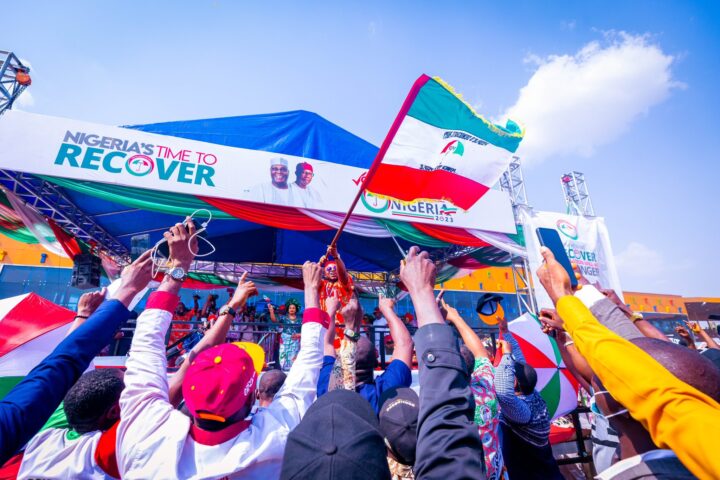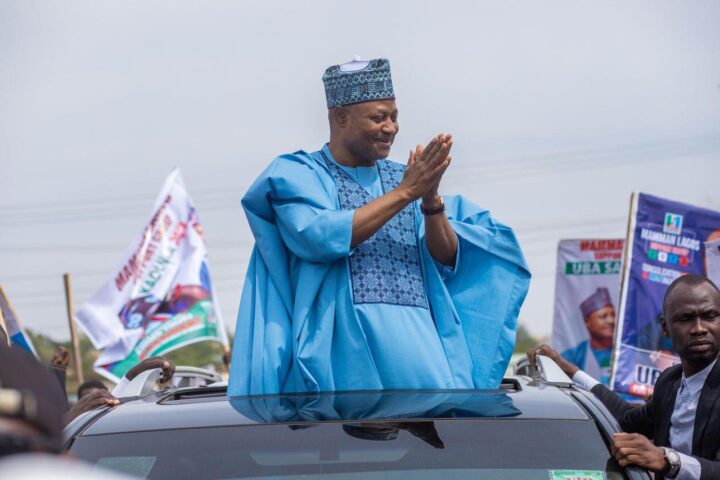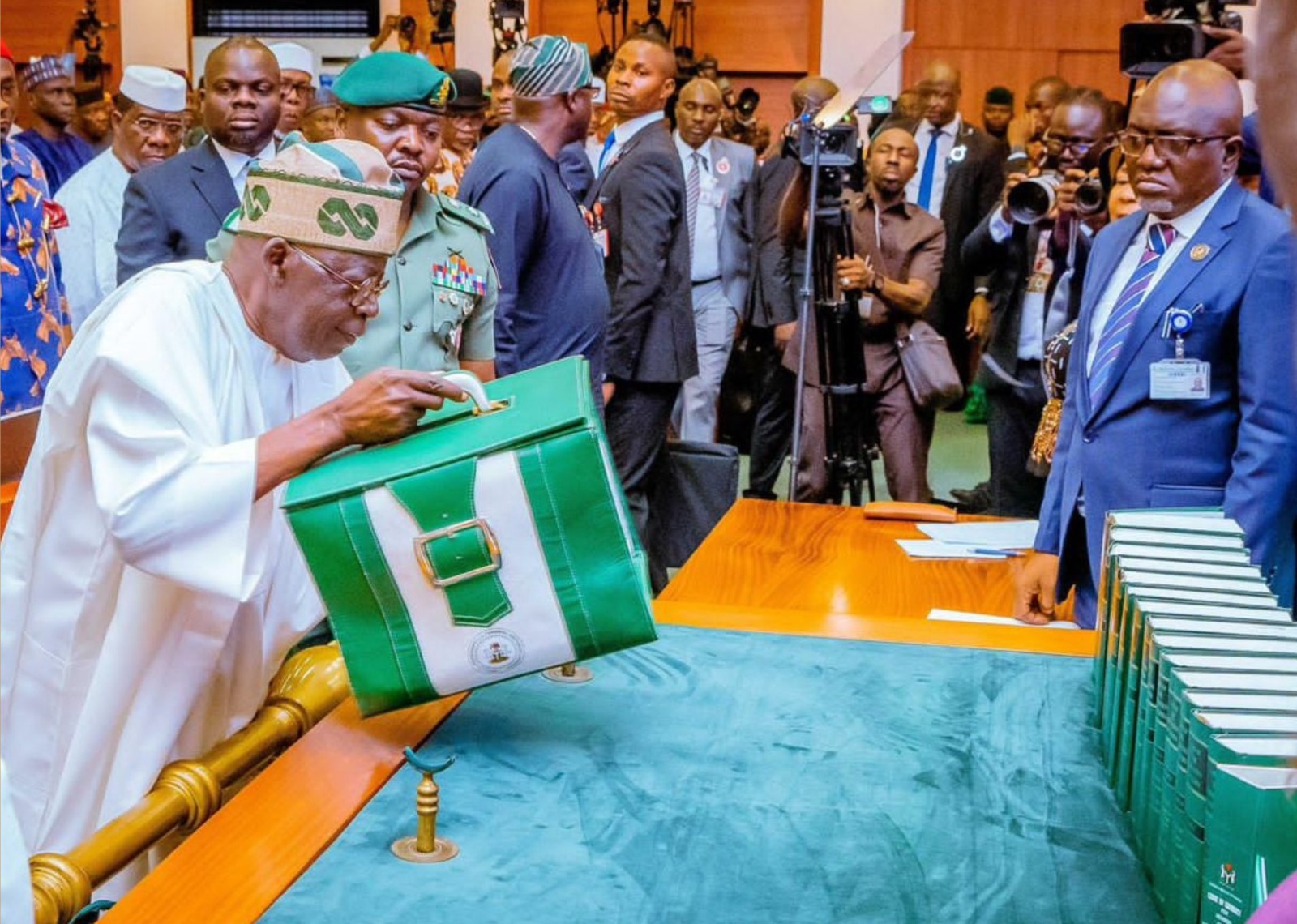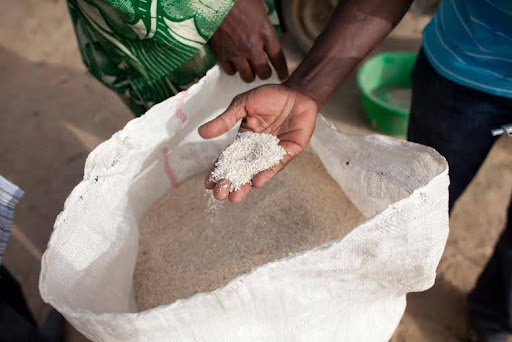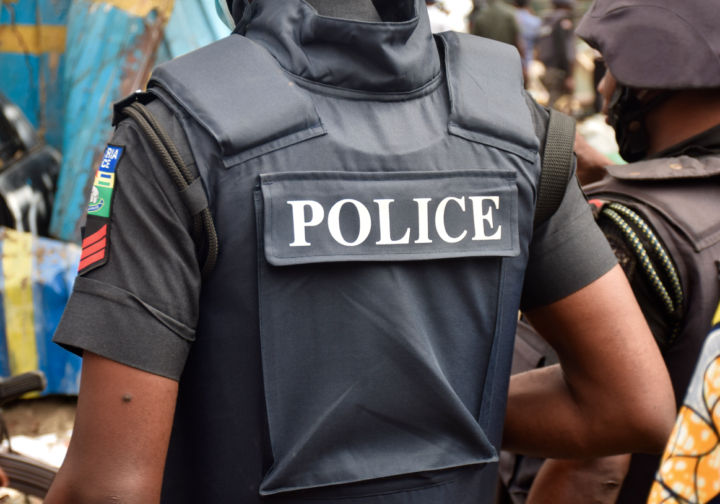BY TUNDE BAMISE
It is budget season again for Nigeria. In November, President Bola Tinubu assented to the 2023 supplementary budget, and, a few weeks later, presented the 2024 appropriation bill to the national assembly. Naturally, this has been followed by a lot of debate and conversation about the details of the budget.
President Tinubu, in his presentation speech to the national assembly, described it as “our budget of renewed hope; a budget which will go further than ever before in cementing macro-economic stability, reducing the deficit, increasing capital spending and allocation to reflect the eight priority areas of this administration”.
With an aggregate expenditure of 27.5 trillion naira, it is fairly impressive, with about 30 percent of this devoted to capital expenditure.
Advertisement
However, the Renewed Hope ambition of this budget will be muted or of no effect if the budget is not implemented in a credible and efficient manner.
One of the biggest ongoing challenges being faced in Federal budgeting in Nigeria is the issue of “padding”, where various line items are allegedly inserted into the budgets of agencies which should ordinarily have no business with those projects.
In his speech at the signing ceremony for the 2022 appropriation bill, former President Muhammadu Buhari had cause to complain about some “worrisome changes” that were made to the proposal originally submitted by the executive. Among other things, the then-president lamented that “provisions made for as many as 10,733 projects were reduced while 6,576 new projects were introduced into the budget by the national assembly”.
Advertisement
This is truly alarming, to realise that the national assembly can unilaterally include more than 6,000 projects into a Federal Budget, without consultation with the president whose signature turns the Bill into an Act.
It is necessary to quote the former president in some detail, to drive home the magnitude of the problem: “Most of the projects inserted relate to matters that are basically the responsibilities of state and local governments, and do not appear to have been properly conceptualized, designed and costed. Many more projects have been added to the budgets of some MDAs with no consideration for the institutional capacity to execute the additional projects and/or for the incremental recurrent expenditure that may be required.”
The same pattern played out in the 2023 Appropriation Bill as returned to the president by the 9th national assembly. Again, President Buhari raised the alarm: “I have also noted that the national assembly introduced new projects into the 2023 budget proposal for which it has appropriated N770.72 billion.”
But there is no evidence that anything was done to address this. Just as there is no proof that anything will change in this 2024 Appropriation Bill cycle. Going by the already established pattern, Nigerians should expect that the national assembly will again toe the path of introducing hundreds if not thousands of new projects into the bill, and also move things around without regard for the “institutional capacity to execute the additional projects and/or for the incremental recurrent expenditure that may be required.”
Advertisement
Nigerians need to pay greater scrutiny to these issues. Insanity, it is said, is repeating the same things while expecting different results.
It is imperative that the national assembly reject any budgetary items that are out of place. During the 2023 budget defence, the senate questioned and rejected the insertion of 11 billion naira worth of contracts in the ministry of defence budget, including N2.25 billion for safe school initiatives that should have been in the budget of the ministry of education.
Sometimes these insertions are done by legislators themselves. I have heard from reliable NASS sources that it has become a habit for some legislators to include constituency projects like roads and water projects in the budgets of agencies and parastatals whose mandate has nothing to do with such.
In 2022, BudgIT, a civil society organisation found that 64 percent of the budget of the National Agency for the Great Green Wall (NAGGW) was allocated to the procurement of street-lights, motorcycles and other contracts with no relevance or connection to the mandate of the Agency. The River Basin Development Authorities have also been reported to face these challenges.
Advertisement
Similarly, it has been reported that the services of the Nigerian Armed Forces also suffer heavily from these insertions – there are reports of the budgets of the army, navy and air force being padded year after year with constituency projects by some legislators.
For example, the 2022 and 2023 budgets of one of the armed forces are said to contain several inserted constituency road projects in Plateau state, amounting to billions of naira. This is a state where the Nigerian military has significant existing security responsibilities — so why are they being forced to pay for road construction contracts that should be taken care of by federal and state ministries of works?
Advertisement
I recall that, recently, a former spokesperson of the Nigerian Air Force, Group Captain Sadeeq Shehu (Rtd), speaking on Arise TV, disclosed that the Nigerian military typically does not even receive all of its legitimately allocated annual budgets in the first place, because of recurring constraints with funding the budget.
At a time when Nigeria is facing multiple security challenges that require determined investment, it is therefore most unwise and unfair to divert these already limited military resources to projects completely unrelated to their primary responsibility.
Advertisement
Not only does the military have no business doing constituency project contracts for legislators, this practice also ends up reducing what is available for them to spend on the critical task of securing Nigeria and catering to the welfare of personnel.
It is my hope that the 2024 budget will be speedily considered and passed for presidential assent by the national sssembly, to enable its benefits kick into action in a timely manner. But most importantly, it must be given an unprecedented level of scrutiny, to ensure that the dysfunctions of previous budgets are not allowed to replicate themselves in this much-awaited Budget of Renewed Hope.
Advertisement
Tunde Bamise is a social critic and writer at Illumination Communications. He can be reached via +234 816 565 2360
Views expressed by contributors are strictly personal and not of TheCable.

